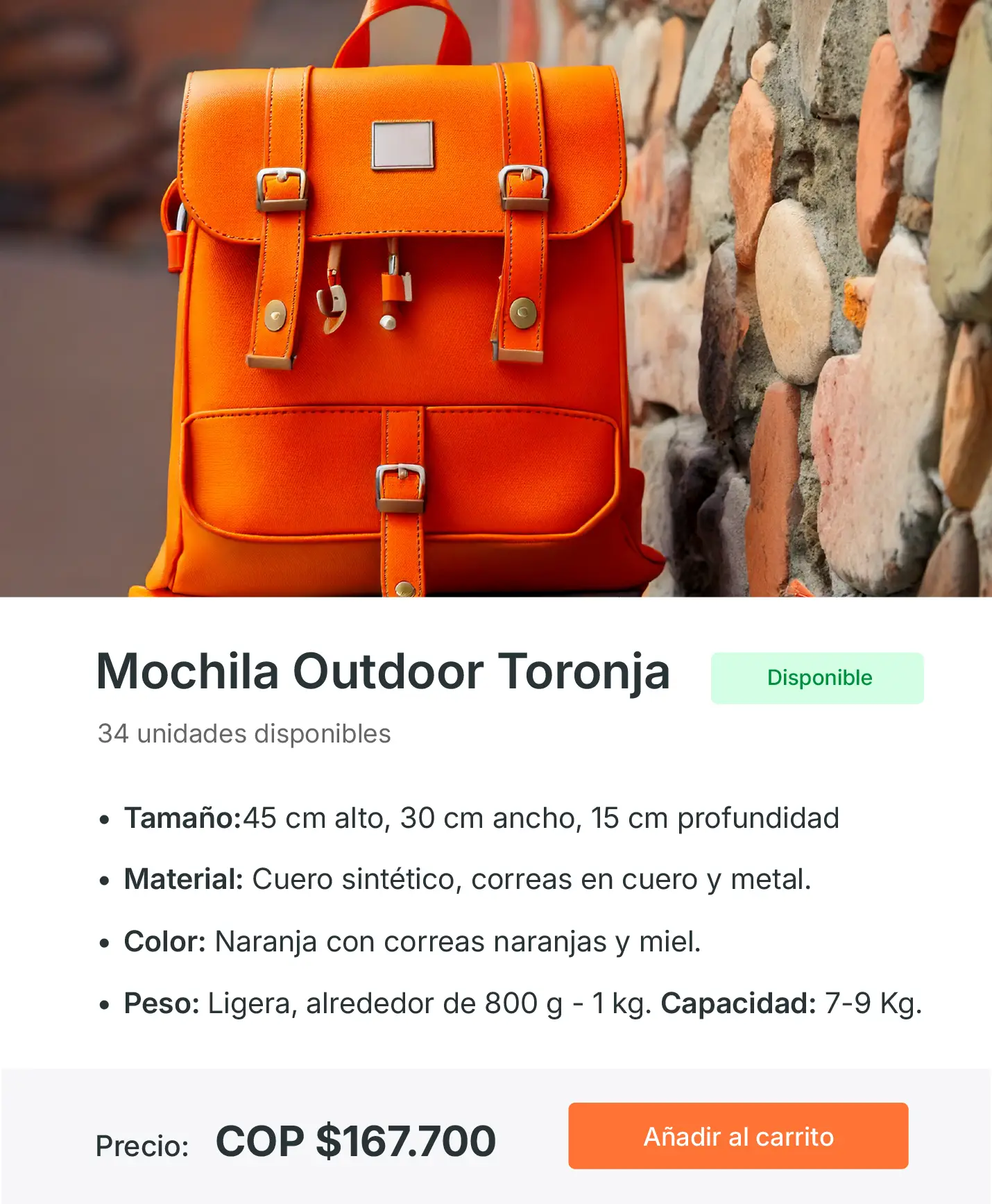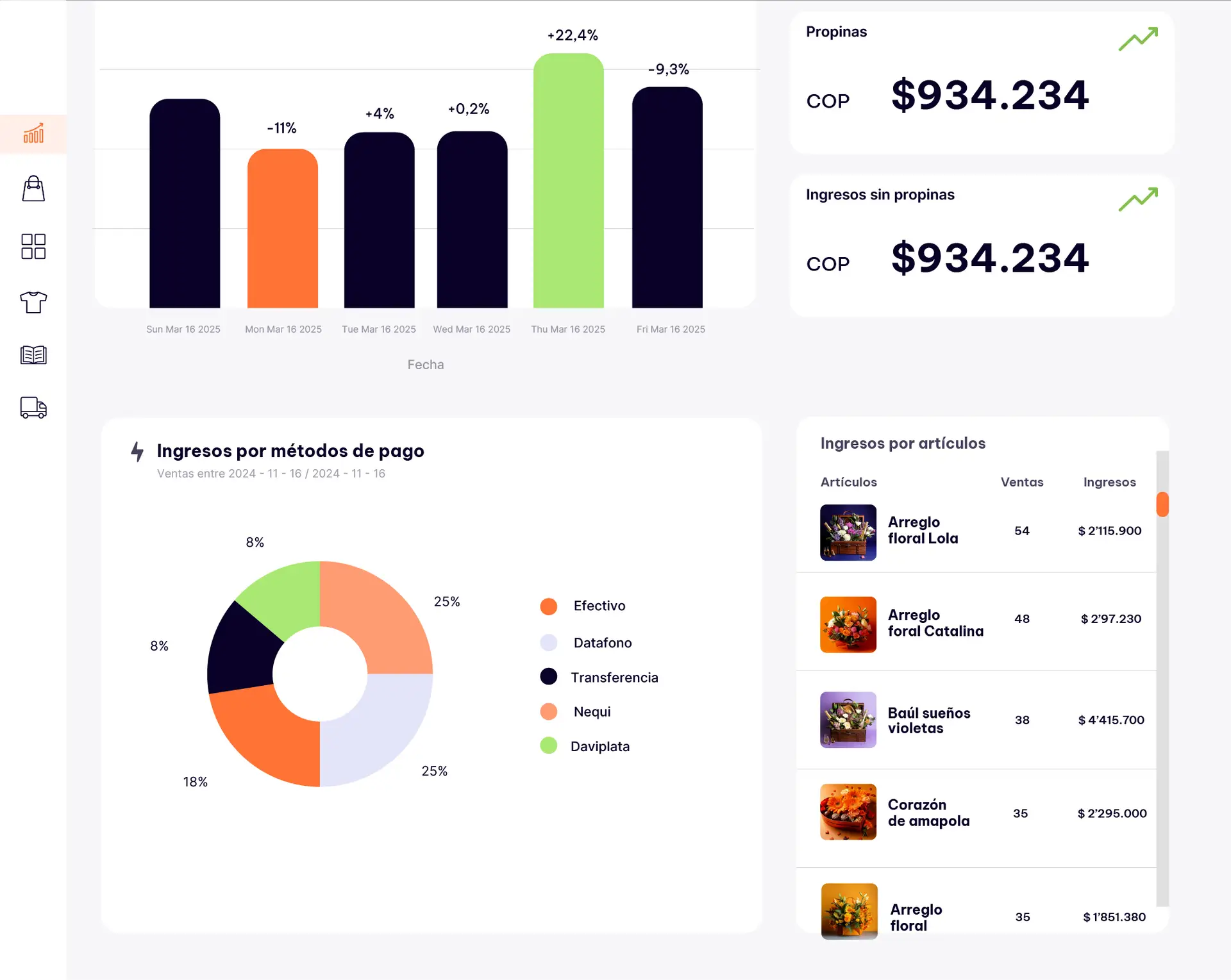Introduction: The Store Isn’t the Goal — You Are
Every year, thousands of people around the world dream of opening their own store. The idea is romantic — shelves stocked with products you love, loyal customers coming back, and the pride of seeing your name on the front door. Social media is full of inspiring stories of people who “just went for it” and turned their dream into a thriving business. But behind the scenes, the reality often looks very different.
According to global statistics, nearly 20% of small retail businesses fail in their first year, and almost 50% don’t make it past year five. These numbers don’t mean you’re doomed — but they do mean you need to start with clarity. A retail store isn’t just about selling. It’s about resilience, logistics, emotional intelligence, and strategic planning. Before investing time, money, or energy into your idea, there’s one crucial step most aspiring store owners skip: pausing.
This article is that pause.
Here, we’ll explore six fundamental questions to help you assess whether opening a store is the right decision — right now, and for you. We’re not here to tell you what to do. We’re here to give you a compass. Because starting with honesty and intention is more powerful than rushing in with excitement and fear.
Whether you’re still dreaming, already planning, or just unsure — this guide is your mirror. Let’s start by understanding the “why” behind your desire.
1. What’s Driving Your Desire to Open a Store?
Before you think about location, products, or suppliers, ask yourself: Why do I want to open a store?
This may sound like a simple question, but your answer reveals everything about your readiness. Is it a lifelong dream? Are you running from something else (like a job you hate)? Did someone inspire you recently? Are you trying to copy someone else’s success?
Let’s look at the most common motivations:
A. Passion-Based Motivation
You love a product category (fashion, pets, coffee, books) and want to share it with others. This is a great start — but passion alone isn’t enough. Many passionate founders fail because they don’t develop the business skills to match.
B. Escape Motivation
You’re tired of your job or your boss, and owning a store feels like freedom. Be careful — entrepreneurship is not an escape; it’s a commitment. It replaces your boss with 100 new responsibilities.
C. Lifestyle Motivation
You imagine flexible hours, being your own boss, or spending more time with family. This can work — but only if you’re ready to work harder than ever at first. A store rarely gives freedom in the early stages.
D. External Influence
You saw someone succeed and want the same life. But your path should match your values, not someone else’s highlight reel. Comparison is a trap.
Practical Exercise
Write down your top 3 motivations for opening a store. Then, for each one, ask: “What does this truly mean to me?” You may find deeper truths — or realize your goal needs more reflection.
2. Are You Ready for the Emotional Rollercoaster?
Running a store is not just about products and profit. It’s about people — and that includes you. Your mood, resilience, habits, and self-awareness will directly affect your store’s success.
Many first-time entrepreneurs underestimate the emotional cost of retail. You’ll face uncertainty, customer complaints, days with no sales, supplier delays, and personal doubts. It’s easy to feel like you’re failing when things get tough. But it’s not failure — it’s the process.
A. Embrace Uncertainty
There will be weeks when you don’t know if you’ll break even. Can you manage your anxiety without panicking? Emotional regulation is more important than a perfect plan.
B. Handle Rejection
Customers might walk out. Friends might not support you. Some promotions will flop. Will you take it personally or learn and adjust?
C. Stay Disciplined Without External Pressure
No boss means no one to keep you on track. Can you manage your own time, energy, and focus? Discipline beats motivation in business.
D. Celebrate Small Wins
There will be magical moments: a first sale, a thank-you note from a customer, or a breakthrough idea. These moments are fuel. Are you the kind of person who notices and appreciates them?
Practical Exercise
List 3 situations in your past where you overcame a tough emotional challenge. What helped you push through? What can you bring from those experiences to your future business?
3. Do You Understand the Day-to-Day Reality of Retail?
A store can be beautiful on the outside — but what happens behind the scenes is where the truth lives.
Many people imagine owning a store as designing window displays, chatting with customers, or choosing fun products. And while those are part of the job, the core of retail is often invisible: managing stock, handling logistics, cleaning up, doing accounting, fixing errors, negotiating with suppliers, answering the same customer questions 10 times a day.
Let’s demystify a few things:
A. Time Commitment
Most store owners work longer hours than their employees, especially at the beginning. Days off are rare in the first 6–12 months. Are you ready for that sacrifice?
B. Multitasking
In a single day, you might do bookkeeping, customer service, cleaning, pricing, and social media. Do you enjoy variety, or does it stress you out?
C. Repetitive Tasks
Running a store involves routine. Are you okay with doing small, repetitive things daily that are critical but not glamorous?
D. Financial Admin
From cash flow to invoices to taxes — retail is a numbers game. You don’t need to be an expert, but you can’t avoid the math.
Practical Exercise
Interview 1 or 2 store owners. Ask them: “What surprised you most when you started?” Write down what resonates with you. Then ask yourself: Could I live that day-to-day and still enjoy it?
4. Are You Willing to Start Small and Learn Fast?
It’s tempting to imagine opening a store with everything ready: a polished brand, a perfect space, beautiful shelves, a loyal customer base. But most successful stores don’t start that way. They begin with small tests, mistakes, pivots, and gradual growth.
The idea of “starting small” is not about thinking small — it’s about minimizing risk while maximizing learning.
A. Start With a Test
Before signing a lease or ordering bulk inventory, test your idea. Sell your products at a market, online, or through pop-ups. What sells? What feedback do you get? What surprises you?
B. Learn From Customers
Your first 10 customers are more valuable than your first 1,000. They will give you real feedback that can shape your pricing, packaging, and messaging. Listen carefully.
C. Build Skills on the Go
You don’t need to master everything before you begin. You’ll learn sales, logistics, and marketing as you go. The key is to be coachable and humble.
D. Make Peace With Imperfection
Your logo doesn’t need to be perfect. Your website can evolve. Your first display will probably change. Perfectionism delays progress. Progress brings confidence.
Practical Exercise
Choose one small way to test your idea this month. It could be setting up a weekend stand, creating an Instagram page, or selling to friends and family. What’s the smallest, safest first step you can take to learn something real?
5. Do You Know Who You’re Serving — and Why?
Many new entrepreneurs fall into the trap of trying to serve “everyone.” But when you try to please everyone, you end up resonating with no one. The most successful stores — even the smallest — are built with a clear customer in mind.
A. Define Your Ideal Customer
Is your store for busy moms, teenage skaters, health-conscious professionals, or pet lovers? What do they value? What do they need? Where do they shop now?
B. Focus Builds Trust
When you focus on a specific customer profile, your brand, inventory, pricing, and promotions become sharper. Customers feel that “this place gets me.”
C. You Can Still Grow Later
Narrowing your audience at the beginning doesn’t limit your business. It gives you clarity. You can always expand once you’ve built loyalty.
D. Serve With Purpose
Knowing why you want to serve this group adds meaning. Maybe you relate to their struggles or believe they deserve better options. Purpose is a better fuel than profit alone.
Practical Exercise
Create a one-page profile of your dream customer. Include their age, lifestyle, interests, values, and what problem your store solves for them. Give them a name. Every decision you make should be for “them.”
6. Are You Clear on the Financial Commitment?
Let’s talk about money — not to scare you, but to empower you. Starting a store requires a financial plan, not just a dream. One of the top reasons retail businesses fail is poor cash flow management or unrealistic expectations.
A. Startup Costs Add Up
Even a modest store can involve rent, furniture, inventory, branding, point-of-sale systems, licenses, and more. Are you prepared for the upfront investment?
B. The First Few Months May Be Tight
Most new stores don’t break even right away. Do you have savings or another income stream to support yourself until your store grows?
C. Track Everything
From day one, track your sales, expenses, margins, and inventory. This isn’t just for taxes — it’s for survival. Knowing your numbers gives you power.
D. Profit Takes Time
Expecting to make a full-time income right away is a trap. Many store owners reinvest profits into growing their business for the first year or more. Patience is key.
Practical Exercise
Make a list of all the potential costs of starting your store — even the small ones. Then, estimate your monthly fixed costs. This exercise alone will give you clarity and help you decide whether to go forward now or plan better first.
Final Reflection: Choosing With Confidence, Not Fear
There’s a lot of noise out there. Success stories. Instagram reels. Motivational quotes. People will tell you to “just take the leap” or “follow your passion.” But here’s the truth: real courage doesn’t mean jumping without thinking. It means preparing with honesty, and then acting with intention.
By now, you’ve explored your motivations, your emotional readiness, the daily realities of retail, your willingness to learn, your customer focus, and your financial awareness. That’s more preparation than 90% of first-time entrepreneurs ever do.
You don’t need to have it all figured out. You just need to be clear enough to move forward wisely.
If your answers led you to a “yes” — amazing. Start small, stay curious, and don’t be afraid to ask for help. If your answers brought up doubts — that’s not failure. That’s wisdom. Maybe you need more time. Maybe a different model suits you better (like online sales or part-time pop-ups). Maybe this dream is still in seed form, and you’re just starting to water it.
Whatever the outcome, this process gave you something more valuable than hype: clarity.
And when you do open your store — whether it’s next month or next year — you’ll do it with your eyes wide open, your heart steady, and your vision rooted in truth.
That’s the best way to begin.





